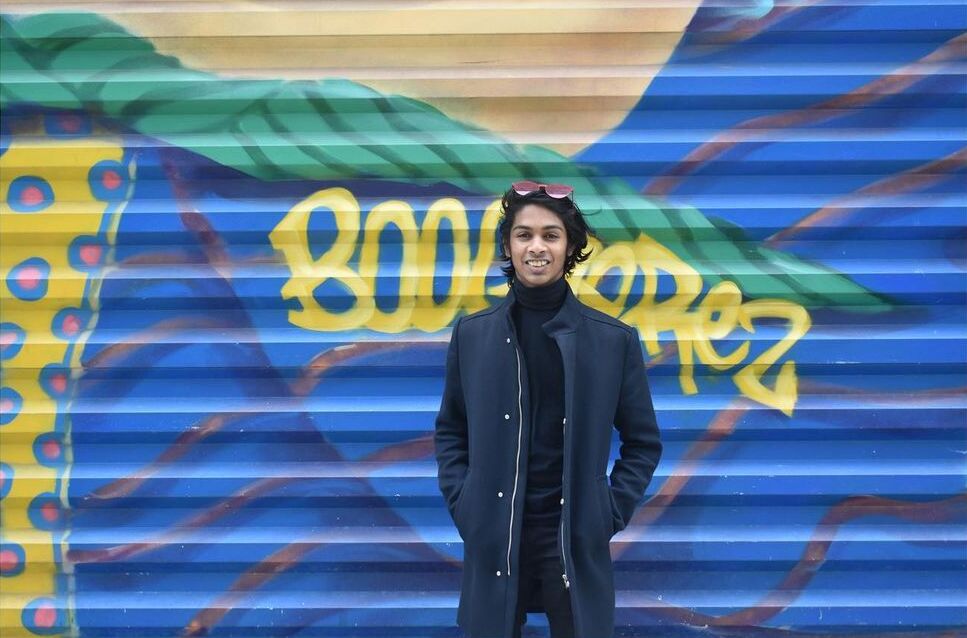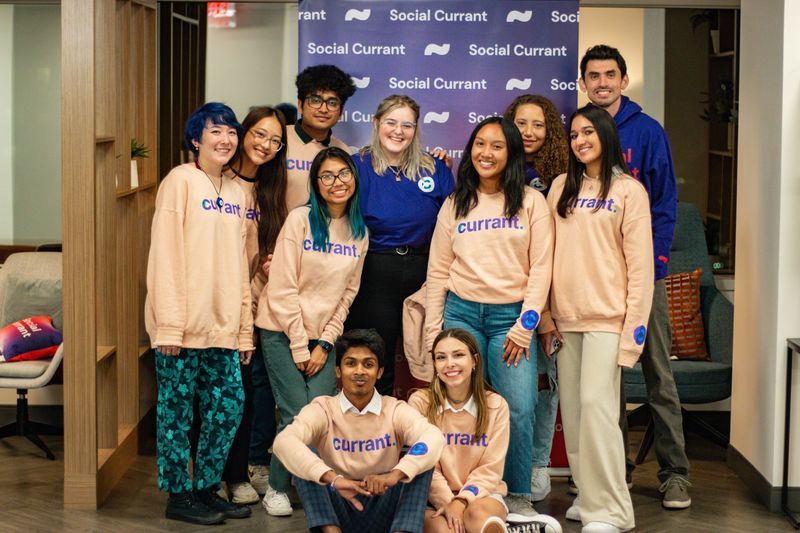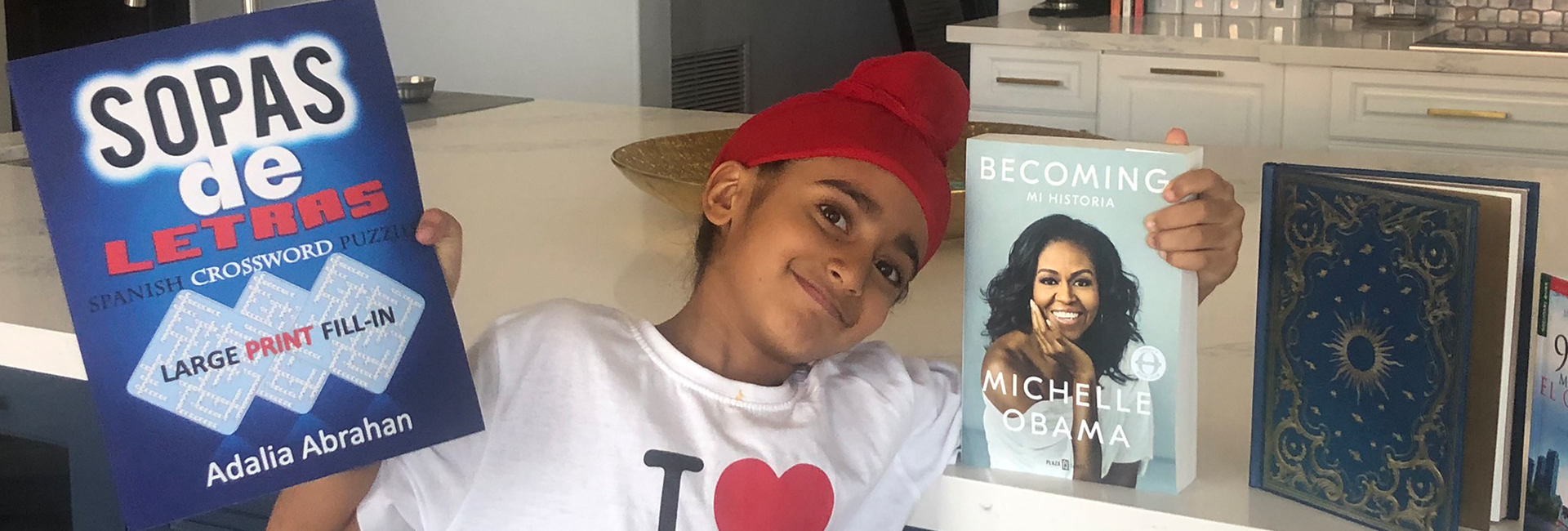(April 4, 2023) Like millions of others, when he first moved to the United States of America to pursue a bachelor’s degree in political science and government from George Washington University, his main aim was to finish the course and find a good job. But fate had other plans for Ashwath Narayanan, who at 21, founded his own company – Social Currant a unique platform that matches impact brands, nonprofits, and purpose-driven organisations with the right creators and influencers. “If you are looking to reach young people and engage them – you will have to go places you can find them. And social media is where this audience is, and they follow influencers. So, I started a marketing agency focused on getting the young people involved in social causes being promoted by these organisation, using various social media platforms,” the young entrepreneur said.

The Social Current, which started with a small team based in DC, is now a global agency and is focused on empowering creators, young people, and individuals focused on impact. “I originally founded Social Currant as a marketing agency focused on giving young people representation and voices in rooms where people were making decisions about how to reach us, without us,” the entrepreneur shared, adding, “I thought we would start an agency, help social impact organisations figure out emerging media platforms like TikTok and Reels and pay our rent as a result.”
An entrepreneurial journey
Born in the US, Ashwanth moved back to India when he was just a toddler, only to return to the US for his education. The entrepreneur recalled, “I had a very interesting childhood. Even when I was back in India, I had a US passport and I would renew my visa every nine months. This always made me feel that I was from two countries – different from each other in every way possible. My mother worked in a non-profit organisation and would take me to several events, which I didn’t like attending at all. However, I think that left a huge impact on me and motivated me to do what I do today. I moved back to the US when I was 18 years old, for my under graduation in 2018.”
It was here that the young entrepreneur took more interest in marketing and started getting involved in various startup projects. “When I was in high school, I would often write stories. I wanted to pursue a career in journalism, but once I got to the US, I realised that marketing is also a form of telling a story to the audience. I got deeply embedded into the startup and nonprofit space just being in Washington, DC. I went through a startup incubator, worked at a social impact game company called Game Genius, and was generally very involved with people building their businesses. That was the first experience I had with the startup space as well as the social entrepreneurship space and I haven’t looked back since.” he shares.


Team Social Currant
As a consultant helping budding organisations, Ashwath realised the potential social media – and especially the young influencers on various platforms like Instagram and TikTok – had while connecting a company to its audience. “I was working with various organisations as their consultant, helping organisations how to reach young people. It was going well, and I knew what I was doing. So I decided that I would launch my agency. I hired people my age, and I can say that Social Currant is a youth-run organisation. In fact, when I started the company I was still in college, and so were several other people I had hired,” shared the Global Indian.
Long way to go
With a CV full of internships and short-term jobs, many young people might not have been confident to start a company. Not Ashwath, though. While he was a little nervous at the beginning, he was also sure about his marketing abilities and also had faith in the cause. “Since we started, we’ve pivoted into an influencer marketing agency and now a tech platform helping social impact brands, nonprofits, and CSR initiatives match with and manage mission-aligned creators. Having facilitated several strong collaborations between organisations and creators, we are focused on helping creators get paid and monetise around mission-aligned causes,” the entrepreneur said.
Giving an insight about one of his projects, he said, “One of our favourite projects was for Community Change, one of our first clients in the space. We matched them with Tega, a content creator on TikTok. Over the months, Tega not only did many videos for Community Change but also came to one of their events in Michigan to create this TikTok with Congressman Jamaal Bowman. It was a great experience bringing a partnership to life in real life but also seeing its awesome reception on the platform.”
While the non-profit space is still inaccessible to young people and struggles to keep up with modern trends and innovations, Ashwath feels that Social Currant can change this narrative. “We’ve seen nonprofits of all sizes need different things and have different levels of technological advancement, similar to any business. We’ve been blessed to have clients that are investing in new tactics, innovating, and using the latest technology. However, one thing that I have noticed is that often technology isn’t built to cater to nonprofit needs, which can be different than business needs. So we are working to fix that in the influencer space so that more nonprofits can invest in creator programmes are reaching out to the younger generation,” the entrepreneur said.




